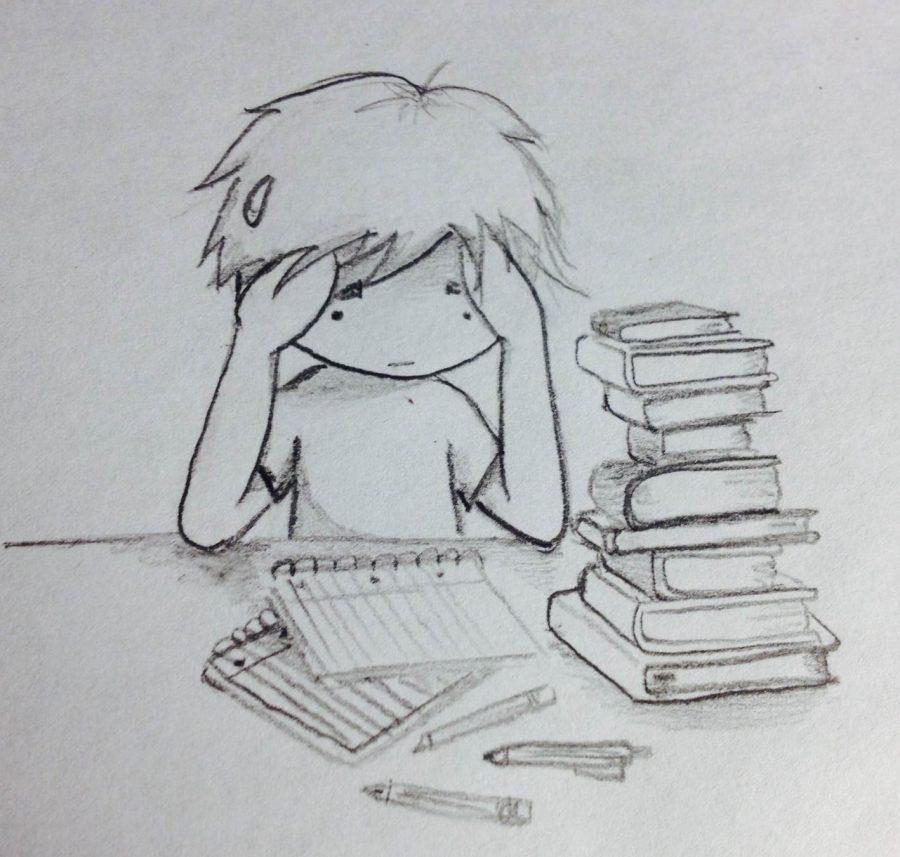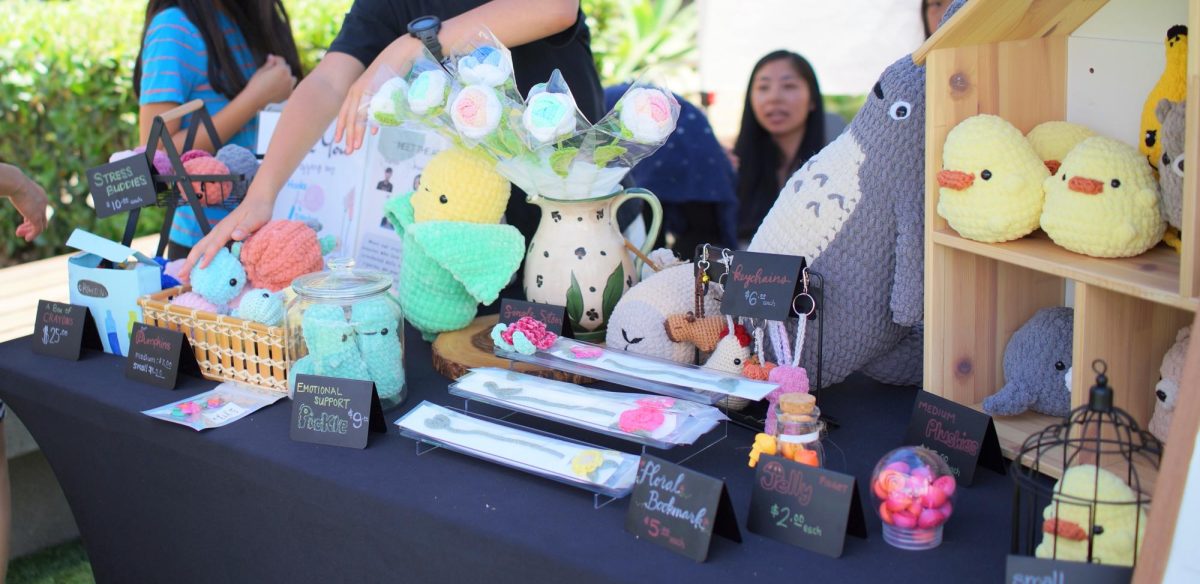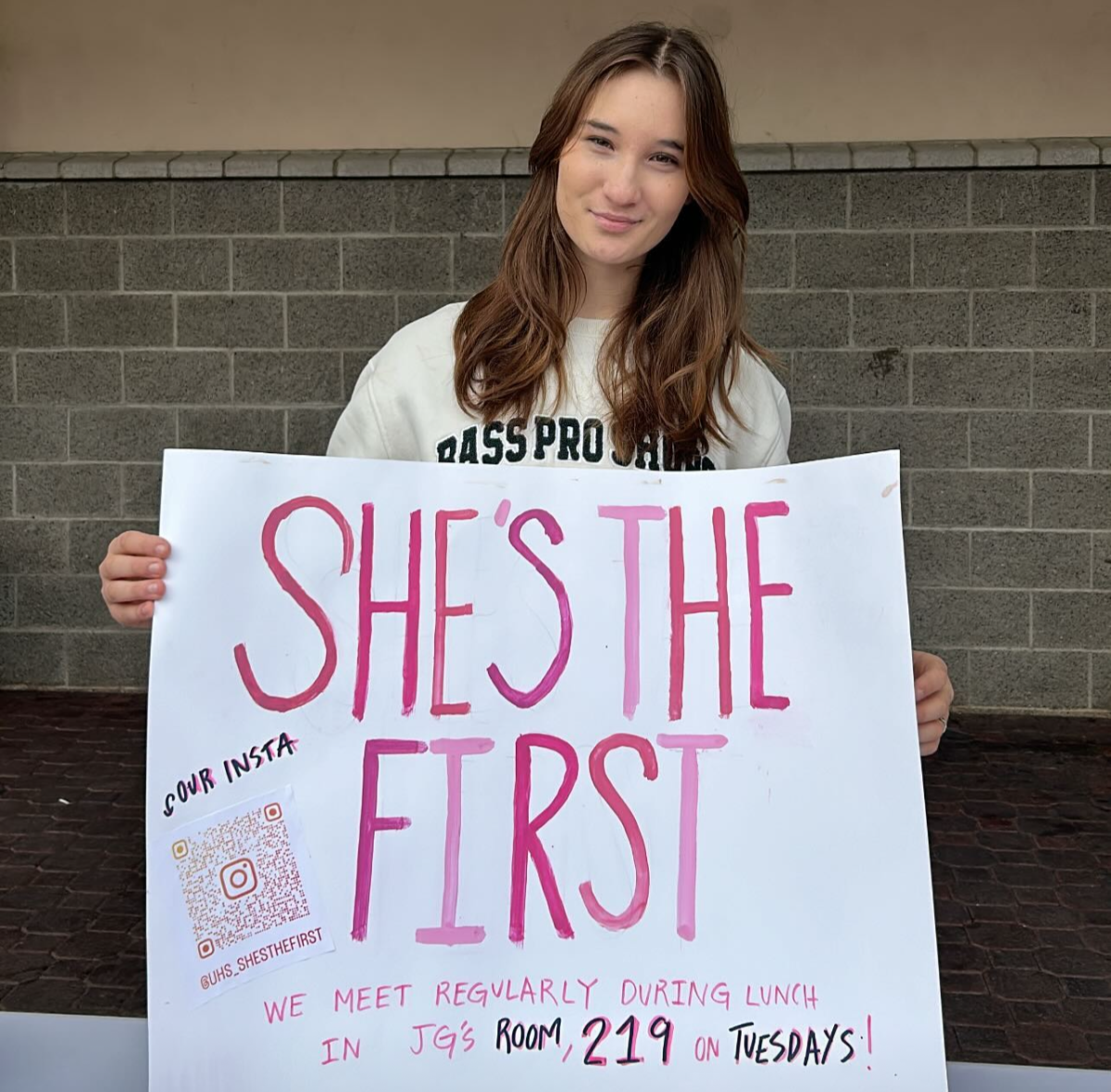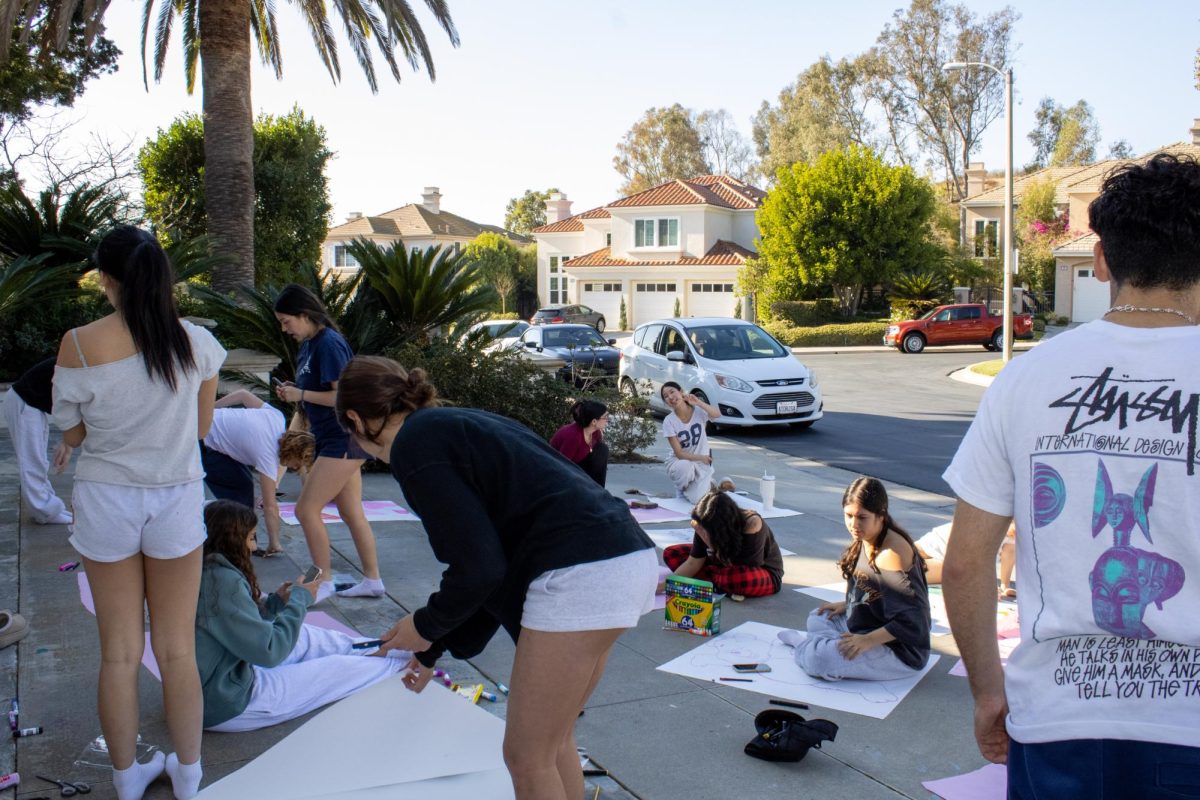
By DIANA ZHANG
Staff Writer
School has just started and tests and reading tasks have already begun to pile on. Many students will soon become overwhelmed by the schoolwork and homework that is assigned. Try taking these studying skills into consideration as you strive to study efficiently for your classes.
Study Tip #1: Organize the information needed to be studied into stacks.
Stephanie Yang (Jr.)It is better to study a little at a time instead of procrastinating and overwhelming yourself by the mountain of papers that need to be studied. Set a goal for yourself for how much work has to be done by a certain period of time. Once you have accomplished that certain amount of school work, reward yourself with a healthy snack or a little break and then get back to homework. Student
stated, “I would probably plan ahead of time before the actual test. Each night I will review a bit so the night before so I don’t cram study and I won’t be as tired for the test.”
Study Tip #2: Find a quiet place.
Kanyes Thaker (So.)The University of Wales Institute in Cardiff, United Kingdom looked into whether listening to music has benefitted students’ studies back in 2010. According to the university’s research, music may be beneficial during leisure studying as it puts students in a good mood, but when it comes to memorizing facts and understanding concepts, music is not always the best choice. The researchers conclude that listening to music while completing different tasks may hinder students’ cognitive abilities as they try to memorize facts in order because of the changing words or notes in the song (CNN). “Quiet places are the best places to study. Whenever there is noise, my brain ends up concentrating on that instead of my work,” says
Go on and turn off that music and TV. It is better to be in a completely quiet place than one with background noise.
Study Tip #3: Be an active reader, not a passive one.
Chelsea Mariano (So.)Passive reading happens when students don’t pay attention and skim their textbooks, instead of engaging themselves in the information given. This type of reading can lead to students not remembering what they had read and then would require them to spend even more time re-reading the materials. Active reading can benefit students greatly as they are constantly doing something as they read such as underlining, highlighting, or even taking notes on the margins.
said, “I usually try to engage in my readings and understand the concepts instead of cramming a bunch of facts into my brain.” When students read actively, they are able to get more out of what they have read as they try to understand the concepts and remember the information better for the test.
Study Tip #4: Try not to study in your room.
Angela Dong (So.)“I really dislike studying in my room because I become distracted. I would be surfing the web or on Facebook when I should be doing something productive,” states
. Studying in a quiet room may be beneficial in that it gives students privacy, especially when they have other siblings and relatives around in the house. However, the disadvantage is that students begin to look around their rooms instead of doing math problems or start to read on their beds because it is comfortable, and thus become tired quickly, causing them to be unable to focus and slowly fall asleep.
Study Tip #5: Try to take some breaks.
Going outside to take a breather, going downstairs to grab a snack, or even taking the dog out for a walk will ease the mind a little bit, preparing it for another session of studying. Also, staring at one thing for a long time may strain the eyes and would not benefit studying. Try looking into the distance outside or at green plants in order to relax the eyes a little bit before going back to look at the textbook.
Study Tip #6: Make flashcards.
Students tend to remember something better if they hand write it once. Plus, as an added benefit, they are then able to go back and test themselves before the test. They are small and compact, so students can store them in their pockets, their cars, the kitchen–anywhere! Students can also swap them with their friends at school and test each other as well.
Study Tip #7: Make sure to get a good night’s sleep and eat a hearty breakfast.
Ohshue Gatanaga (So.)The amount of sleep that a student gets and his or her intake of breakfast on the test date directly correlate with academic success.
said, “I force myself to sleep at 10 pm tops and eat a big breakfast full of protein (cereal, eggs) so that I will have enough energy for the test.” Getting enough sleep not only helps students retain more information, but also prevents their memory loss. Most people, especially students, need approximately eight hours of sleep per night in order to maximize memory efficiency (Brown University). A hearty breakfast can not only boost students’ brainpower, helping them prepare for the upcoming test, but also relieve stress that the students have on the morning of.
Study Tip #8: Take notes using a red pen.
Students often will remember better on what they wrote before in class if the notes were taken using a red pen. The red stands out more compared to the other colored pens (blue, green, black, etc.) Research done by the University of British Columbia shows that the color red boosts students’ abilities to pay attention to detail as well as their skills in memorization and proofreading by almost 31% compared to the color blue (Science Daily). Due to the colors on stop signs, flashing emergency lights, teachers’ red pens, and more, students will pay more to their notes as the red appears as a warning sign.
Study Tip #9: Use post-its for notes.
Some books at school do not allow students to write on them so using post-its can allow students to access notes right on the page without marking on them. Post-its also allow students to annotate as they read, which may benefit later on when their teachers require them to write an essay.
Study Tip #10: Do not procrastinate.
Waiting until the last minute to cram all of that information is not always the best idea. Pulling an all-nighter may be enough for students to take the test the next day out of short-term memory, but once the final rolls around, all of that new material would be lost and students will have to restudy everything.














